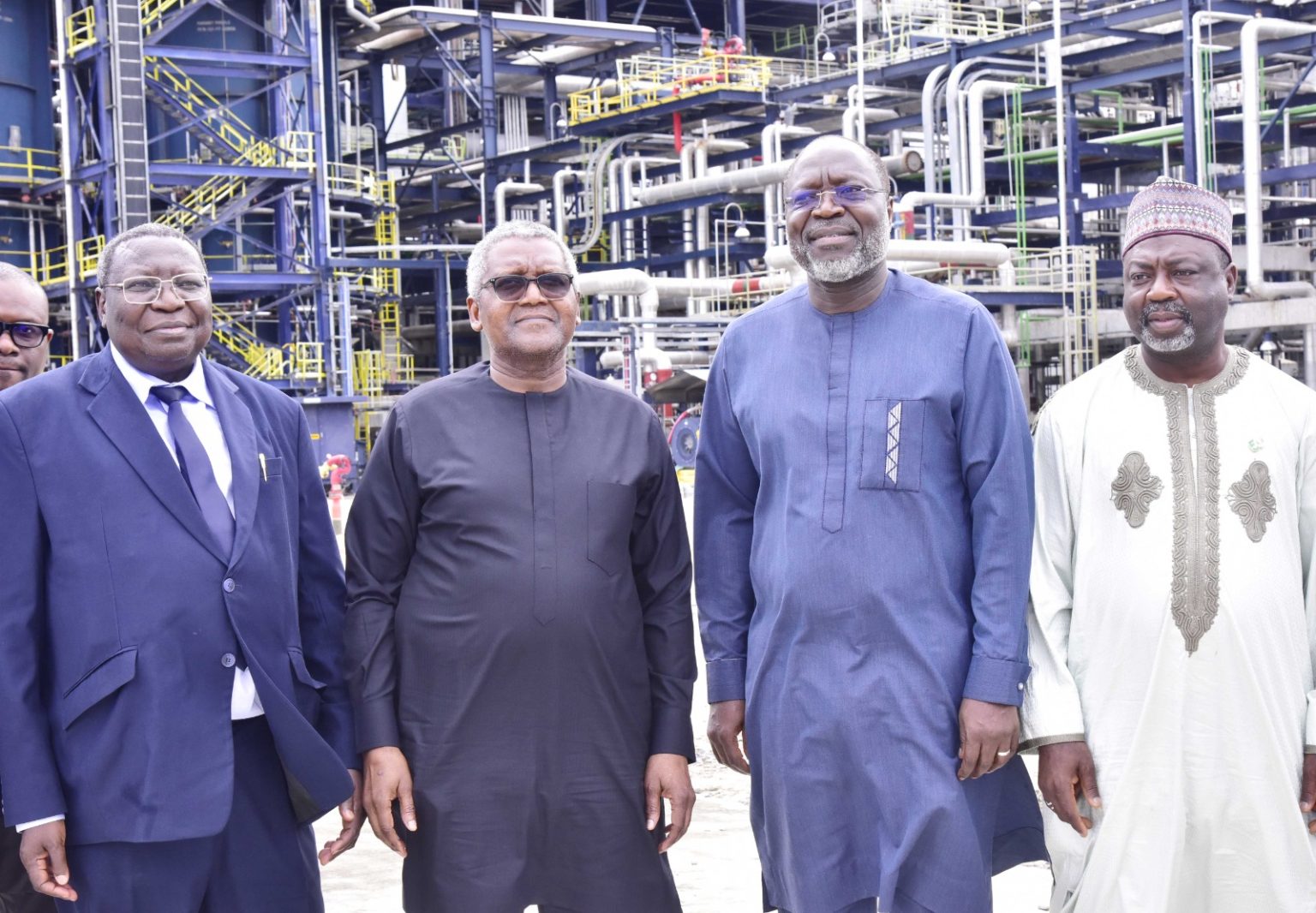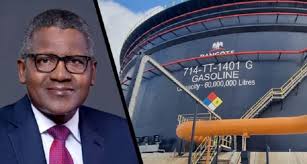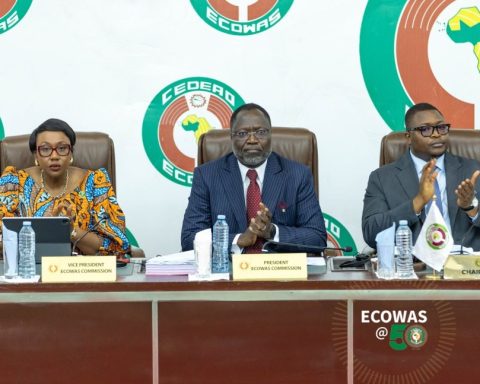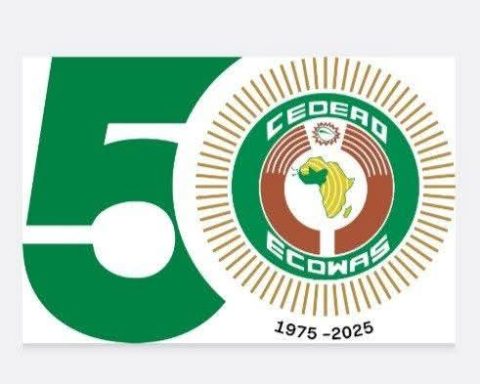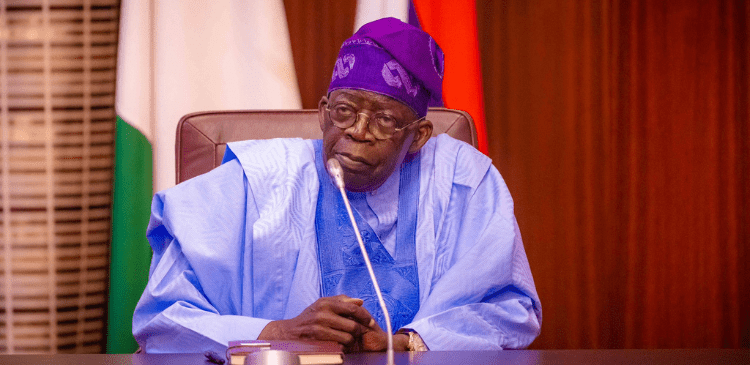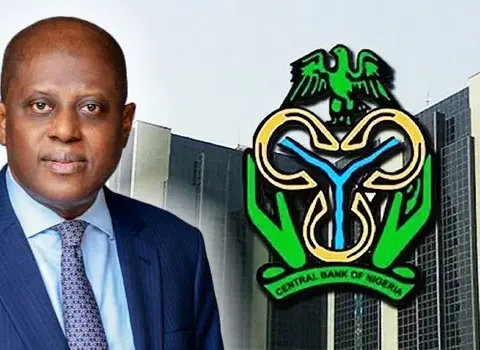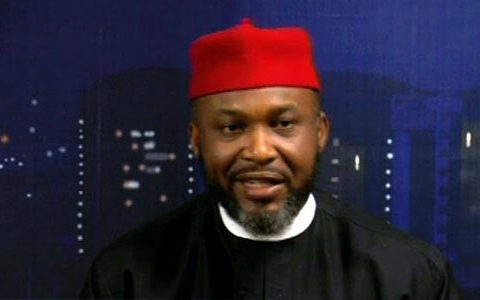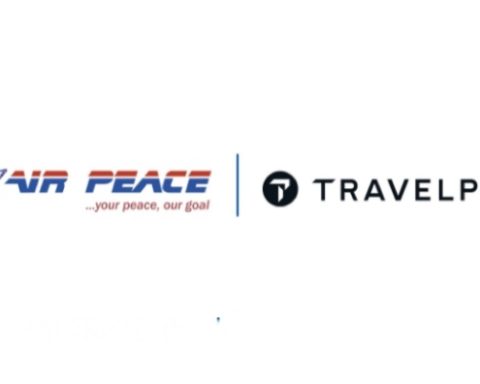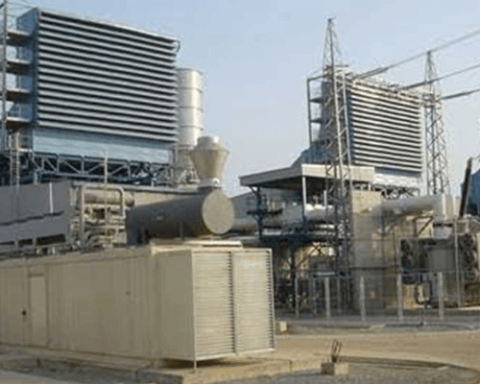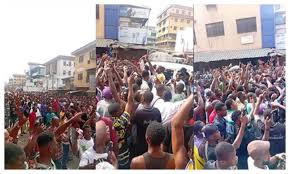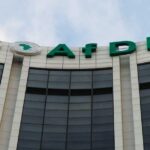The Economic Community of West African States (ECOWAS) has described the Dangote Petroleum Refinery as “beacon of hope” for Africa’s industrial future.
President of the ECOWAS Commission, H.E. Dr Omar Alieu Touray, made the declaration during a visit by a high-level delegation of the regional body to the Dangote Refinery located at Ibeju-Lekki in Lagos, Nigeria.
Join our WhatsApp ChannelDr Touray, who led the ECOWAS delegation, said the 650,000 barrels per day capacity refinery serves as a model for Africa’s industrialisation, adding that it is a clear demonstration of what the private sector can do in terms of industrial development of the continent if given an enabling environment to operate.
“What I have seen today gives me a lot of hope, and everybody who doesn’t believe in Africa should come here. Visiting here will give you more hope because this is exactly what our continent should focus on,” Touray stated.
The delegation also included ECOWAS Commissioner for Infrastructure, Energy and Digitalisation, Sediko Douka; Commissioner of Internal Services, Prof. Nazifi Abdullahi Darma; Director of Private Sector/SME, Dr Tony Luka Elumelu; and Dr Touray’s Chief of Staff, Hon Abdou Kolley, among others.
While describing the capacity of the refinery as “impressive”, Touray commended the President of the Dangote Group, Alhaji Aliko Dangote, for embarking on such a massive investment, adding that it reflects his level of trust and vision for an industrialised Africa.
READ ALSO: Dangote Refinery Further Reduces Petrol Ex-depot Price To N825 Per Litre Amid Intense Competition
“We congratulate Alhaji Dangote for this trust in Africa because I think you do this only when you have the trust, and he has a vision for Africa, and this is what we should all work to encourage,” he added.
While noting that the Dangote refinery has the capacity to produce the quality that meets the 50ppm sulphur limit for petroleum products, a standard for the region, which many imported fuels consistently fail to meet, the ECOWAS Commission President called for an end to the importation of petroleum products in the region.
He asserted that many of such imported petroleum products that fail to meet the standards pose health and environmental risks across member states.
“We are still importing products below our standard when a regional company such as Dangote can meet and exceed these requirements,” he said. “The private sector must take the lead in ECOWAS industrialisation.”
In his demand for more cooperation between the public and private sectors, the president of the ECOWAS Commission emphasised that policy choices must take into account real opportunities and challenges faced by African industrialists.
As ECOWAS commemorates its 50th anniversary, Dr. Touray said the organisation is more dedicated than ever to bringing the private sector to the table, to hear their perspectives, and to figure out how to best establish an environment that suits them.
“We cannot continue to make decisions on behalf of the private sector from a distance. Visits like this provide us with first-hand experience and direct insight into the challenges they face—challenges that authorities and government officials must work to address,” Touray stated.
He further made a case for increased private sector participation in economic and industrial activities in the region, emphasising that the government alone may not have the capacity to achieve poverty eradication and youth employment.
“Only the private sector can deliver the scale of impact required, and it is essential that we listen to them, understand how these objectives can be met, and identify the bottlenecks they face so that they can be effectively addressed. This is the only realistic path to creating jobs and fostering genuine prosperity across our economies,” Touray added.
On his part, Aliko Dangote stressed that Africa will remain underdeveloped if it continues to import what can be produced domestically, adding that his refinery, which has a world-class infrastructure, is proof that industrial advancement of the continent is possible.
The Africa’s richest man further stated that the $20 billion facility has the capacity to meet the petroleum needs of both Nigeria and the entire West African region.
Victor Ezeja is a passionate journalist with seven years of experience writing on economy, politics and energy. He holds a Master's degree in Mass Communication.


